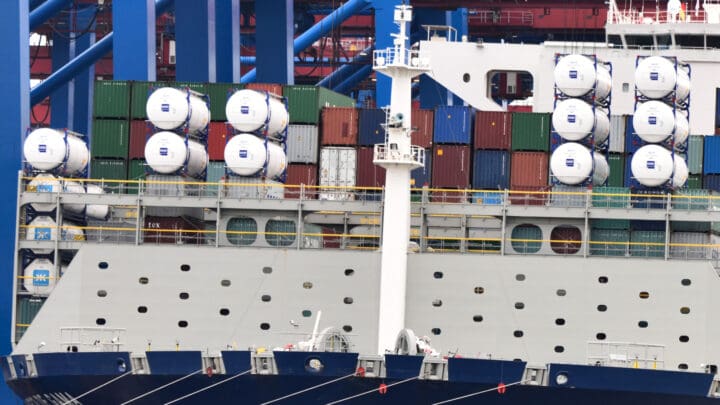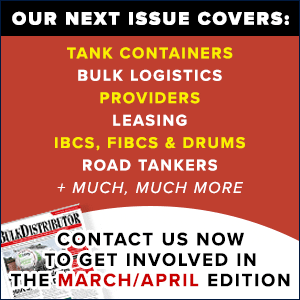
The first bulletin, published today (25 April) notes that President Trump’s so-called ‘reciprocal tariffs’ are now in effect.
The tank container sector is among the most affected, ITCO says.
The higher import tariffs are increasing product costs, so dampening demand, especially for chemicals and petroleum products, which make up the bulk of tank container cargoes.
Shipping companies face steeper operational expenses, leading to elevated freight rates. These higher costs could reduce competitiveness in the international market.
To bypass tariffs, carriers are rerouting shipments through alternative ports or countries. While this can offer short-term relief, it introduces delays and complicates supply chain planning.
In response there has been a stockpiling surge as companies rushed to increase inventory before the tariffs kicked in, creating a brief boost in shipment volumes.
But businesses are now renegotiating supply contracts and delivery terms, with potential legal and financial ripple effects.
ITCO says that the industry is navigating a period of adjustment.
“Now is the time to reassess risk strategies, review contractual terms, and prepare for further shifts in trade policy. Staying informed and adaptable will be key to managing the months ahead,” ITCO states.
